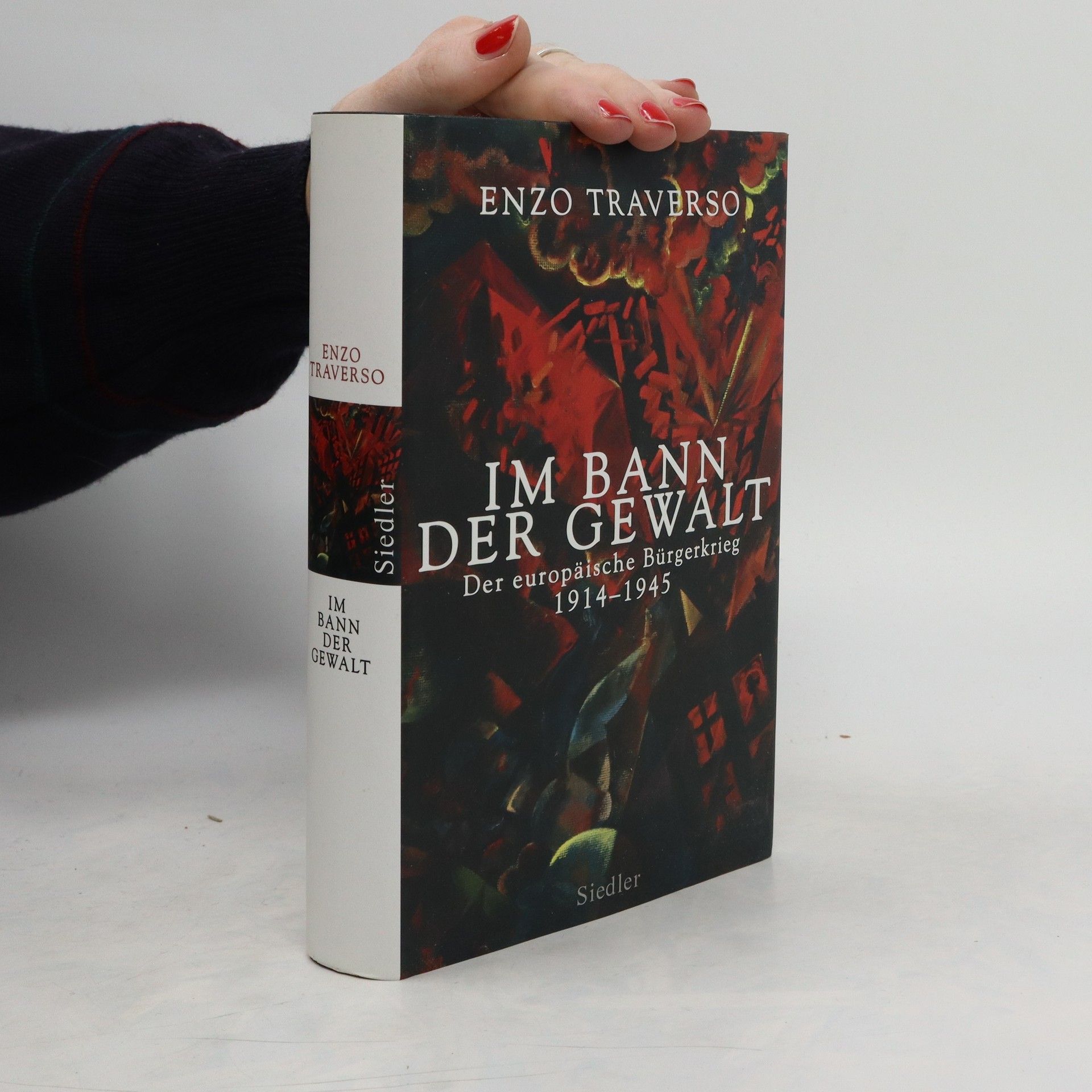Trhlina v dějinách. Esej o Osvětimi a intelektuálech
- 235 stránek
- 9 hodin čtení
Kniha Trhlina v dějinách je příspěvkem do dnes již rozsáhlého souboru děl o holocaustu. Francouzský kulturní historik Enzo Traverso se však termínu holocaust vyhýbá a s diskursivní přísností, charakteristickou pro francouzskou esejistickou literaturu, hovoří o židovské genocidě. Zaměřil se, jak sám předesílá, na její první reflexi ve čtyřicátých a padesátých letech, v době, kdy v evropské kultuře zaujímala jen okrajové místo. Odhaluje, jak se inteligence západního světa vnitřně bránila přijetí signálů od hlásičů požáru, vizionářů upozorňujících na prvky odcizení člověka sobě a osvícenské kultuře založené na humanitě, jak odmítala akceptovat svědectví o genocidě a jak zrůdný fakt vyhlazovacích táborů zpracovali ve svých dílech autentičtí svědci, kteří přežili.






